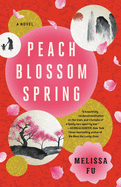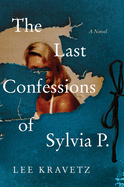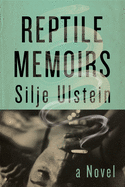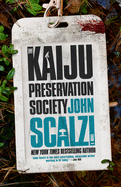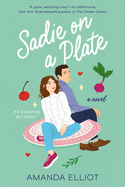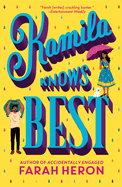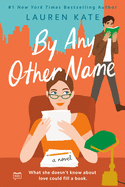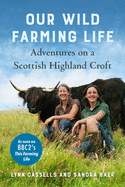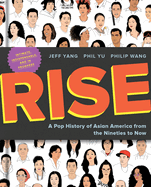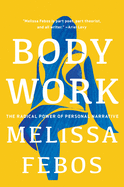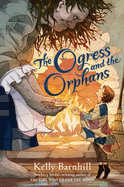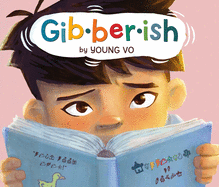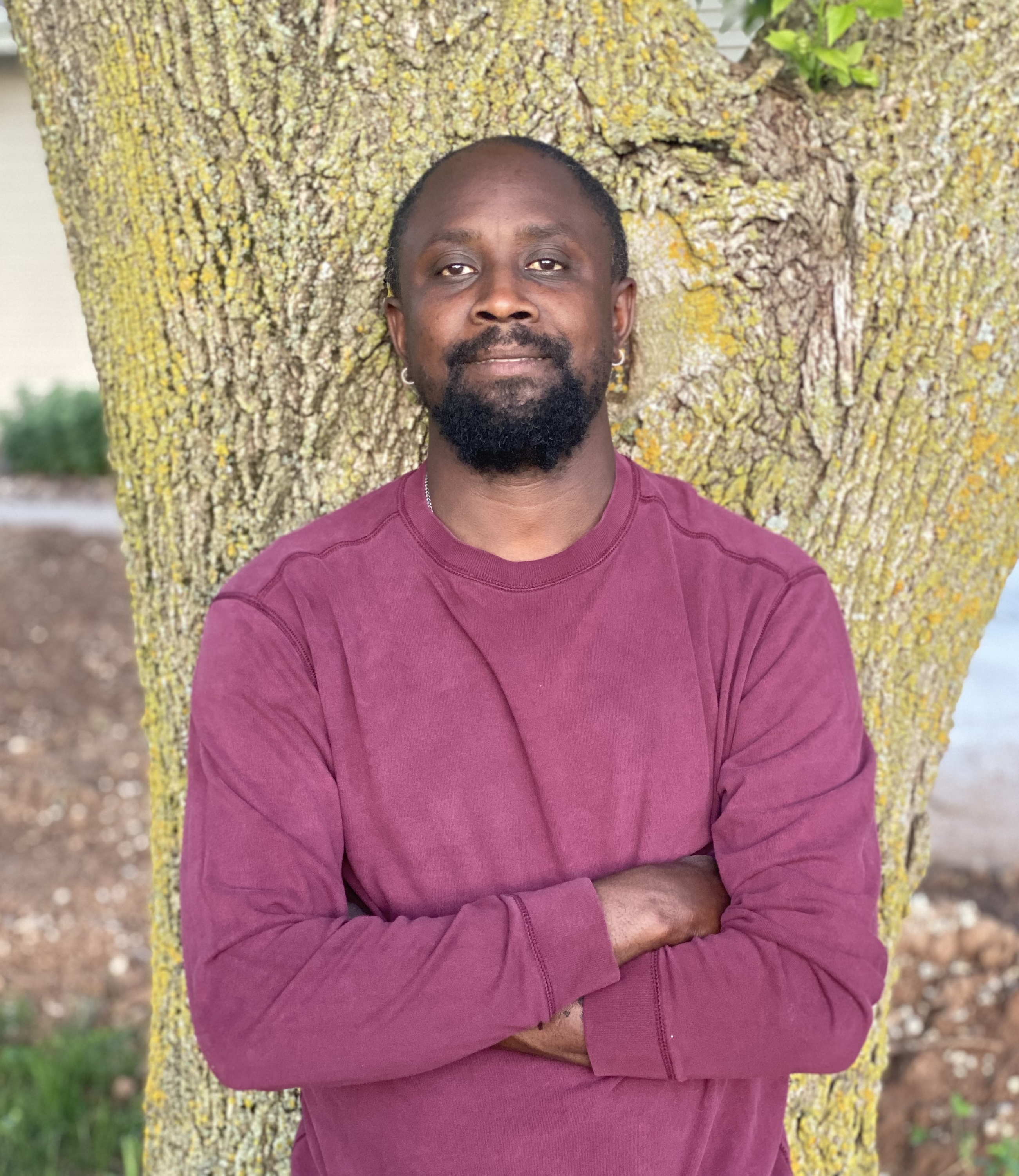 |
| Baptiste Paul |
|
 |
| Young Vo |
|
Baptiste Paul is a Caribbean-born children's book author whose debut picture book, The Field, was inspired by his childhood in St. Lucia. His follow-up to The Field, Climb On!, is now available (NorthSouth, $18.95). Animator and illustrator Young Vo's debut picture book is Gibberish (reviewed in this issue; Levine Querido, $17.99). Here they discuss their books' shared themes, friendship, teamwork and language as cause for celebration.
Baptiste Paul: Our books Gibberish and Climb On! are about letting someone else show and teach you about something new. Gibberish is a book about learning to see the world through a new lens. Is that what you intended?
Young Vo: When I first wrote Gibberish, it was about making friends. It evolved to crossing the language barrier, then the idea of learning someone's name. You could say that all those things are in Gibberish. The moment that Dat and Julie connected their drawings and words for a tree was when those ideas took shape for me. The first time we saw Dat and his Mah, they stood next to a coconut tree. When Julie first talked to Dat, she jumped from a tree. A tree was a great contact point because it showed how differently they saw the world, and at the same time, how similar things can be. In Gibberish, once you can see from someone's perspective, their strangeness falls away, and commonalities begin to come through.
Baptiste, in Climb On! the dad must do something out of his comfort zone. Is that something you have experienced as a parent?
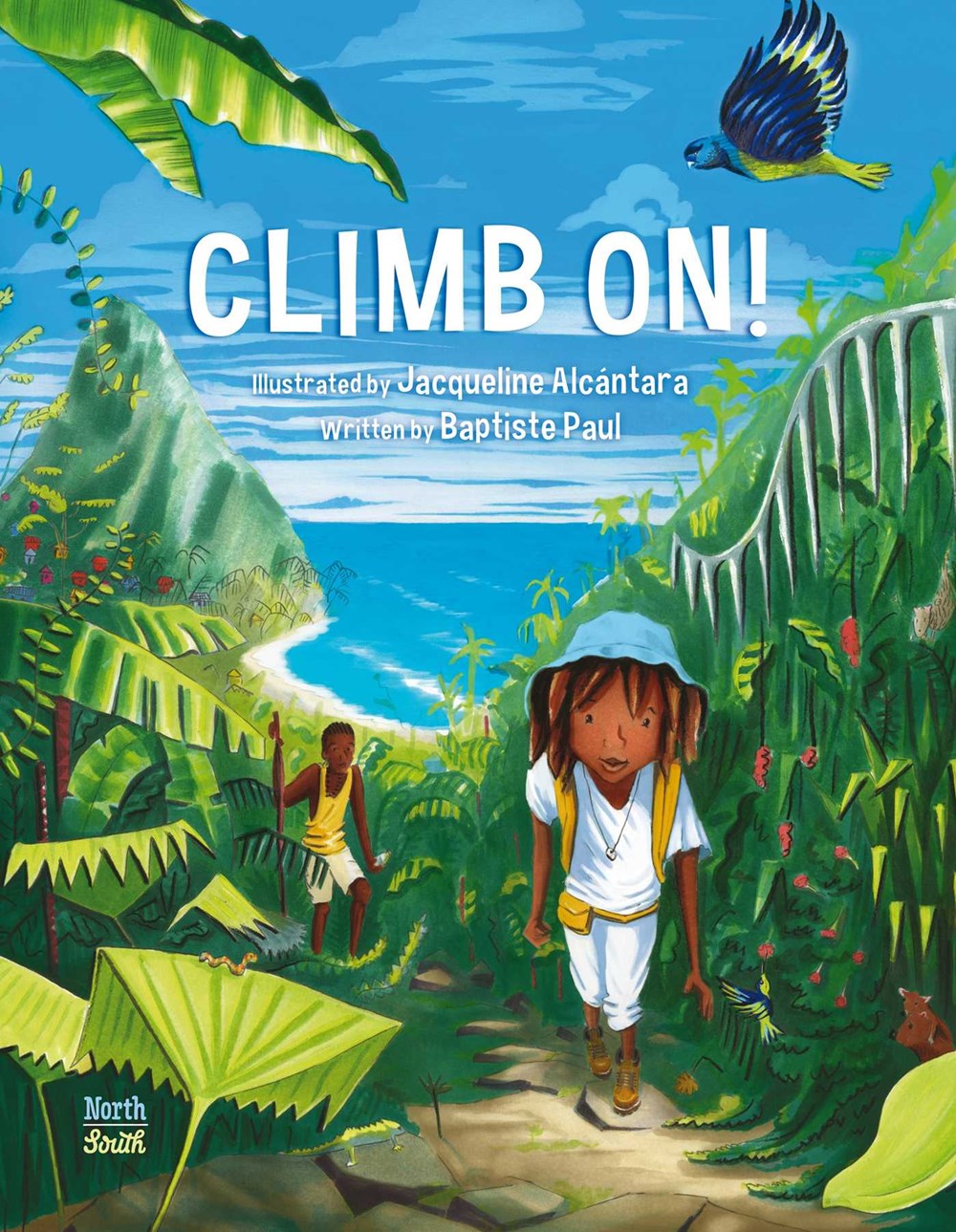 Paul: Being a parent puts us in a lot of uncomfortable positions. Hiking is an activity that I enjoy, but when my daughter asked to climb the mountain, I had already climbed it several times and I was not planning on doing it again. I knew how exhausting it was. And now I'm even older! But how could I deny her a first experience with a view of my homeland from the top?
Paul: Being a parent puts us in a lot of uncomfortable positions. Hiking is an activity that I enjoy, but when my daughter asked to climb the mountain, I had already climbed it several times and I was not planning on doing it again. I knew how exhausting it was. And now I'm even older! But how could I deny her a first experience with a view of my homeland from the top?
Vo: Have your personal stories shown you the value of teamwork?
For me, teamwork was not one of the original sparks for Gibberish but was instead an organic by-product when I tried building a relationship between Dat and Julie. They started to work together when Julie shared her colored pencil and sketchbook. This is very true in my own life, but unlike Dat, my first class in school was very different. The school I went to didn't have an ESL (English as a Second Language) program, so they put me in a class for special needs children. They didn't know what to do with me, so they gave me a piece of paper and a pencil, which was perfect because I loved to draw. I drew what I knew and what I saw, and my teacher and classmates helped put words to my drawings. During recess, I helped push my friends in their wheelchairs, get things out of reach and clean up when needed. We eventually worked together through the alphabet.
Paul: I am glad you asked about teamwork because growing and playing futbol we supported each other, just like the characters in Climb On! Teamwork is about helping. In Climb On!, when the dad and the daughter struggle at different stages of the hike, the other one is there to offer support.
Talking about what language means and our cultural inheritance... in terms of my language, I grew up with both a sense of pride and shame. At home Creole was celebrated and at school it was forbidden. Some of our teachers punished us if we spoke Creole at school. I actively choose to pass on the pride versus the shame--I aim to show that it's worthy of books as well.
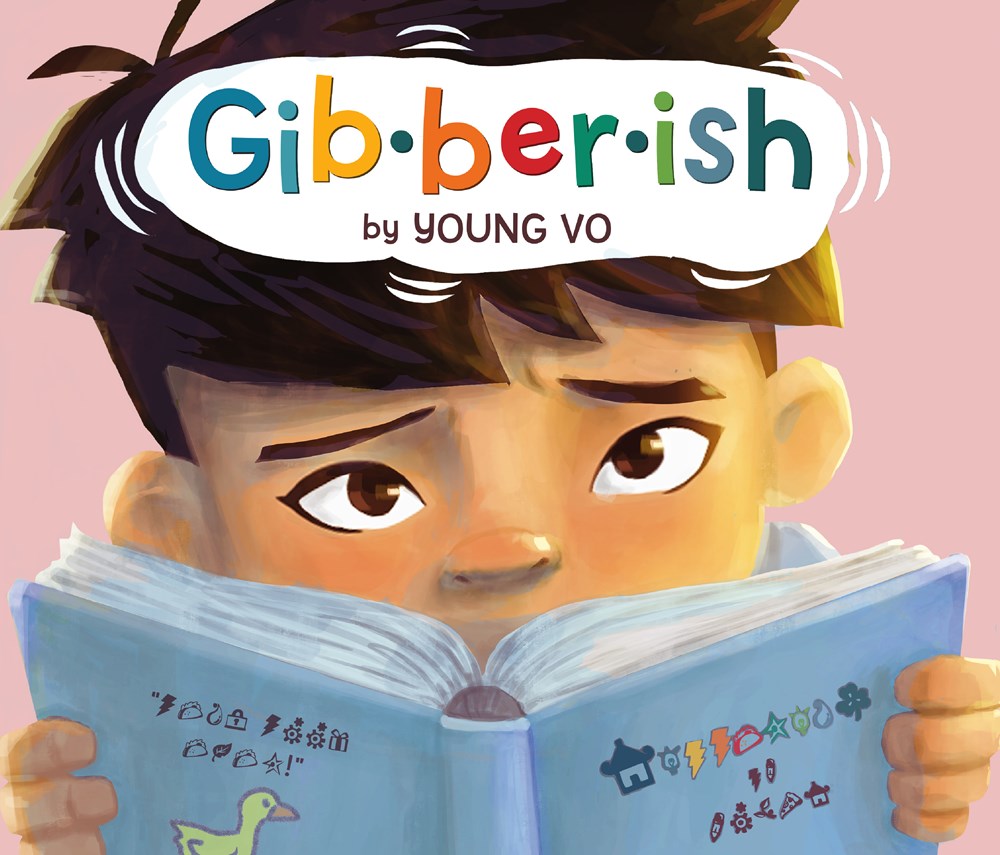 Vo: As a kid, I didn't know I was a Vietnamese refugee. I didn't fully understand what made me different. My differences were in the background of my mind. I guess that's the beauty of a child's mind. Those differences didn't move into the foreground until someone yelled at me from a car, "go back where you came from." I didn't quite put it together until the friend I was walking with said, "that was dumb." From that moment, I learned that people saw me as different. There were many similar moments like that growing up, but it was not until I had to write an essay on my Mah that the significance of being a Vietnamese refugee came into view. My Mah's stories and my experience growing up blended together, giving me a new layer of understanding.
Vo: As a kid, I didn't know I was a Vietnamese refugee. I didn't fully understand what made me different. My differences were in the background of my mind. I guess that's the beauty of a child's mind. Those differences didn't move into the foreground until someone yelled at me from a car, "go back where you came from." I didn't quite put it together until the friend I was walking with said, "that was dumb." From that moment, I learned that people saw me as different. There were many similar moments like that growing up, but it was not until I had to write an essay on my Mah that the significance of being a Vietnamese refugee came into view. My Mah's stories and my experience growing up blended together, giving me a new layer of understanding.
So, how do these ideas and feelings emerge in Gibberish? One way was to show the journey. We first see Dat and his Mah on the very edge of the page, looking out to the ocean, almost being pushed into the water. Next page, we see them sailing into the dark; during the page turn was the refugee camp. On the following page, a dark sea, and we see a plane flying into a new day. Another way is simply the name Dat, a common Vietnamese name.
I hope young people learn to be brave like Dat: go to new places, try new things and know it's ok to feel a little lost sometimes. I hope young people want to be kind like Julie: step out of the crowd, talk to someone new and help someone who is a little lost.
Paul: Just like you said, "be brave... go to new places... try new things...." I think a book like Climb On! could be the spark that a young person needs to experience the beauty that exists in this world. I hope young people use this book as a springboard to get outside and enjoy nature. For me, partaking in outdoor activities is one of the most peaceful and rewarding parts of my life. It is a gift that I hope young people will also enjoy.
Baptiste Paul and Young Vo: Going New Places, Trying New Things
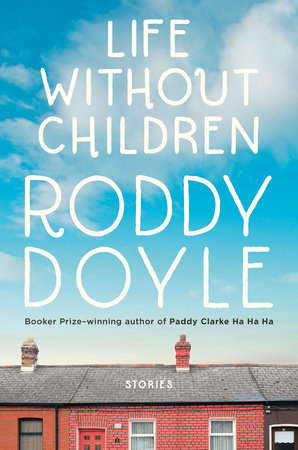 In fact, there's a story titled "Masks" in Roddy Doyle's new collection, Life Without Children (Viking, $25). A man is taking his precious lockdown walk, but the "masks on the footpath disgust him. They lie flat on the ground. Most of them are blue. They don't make sense.... the usual rubbish--the cups, the plastic bags--make a kind of careless sense. The masks, though--they're diseased, vile. They're private."
In fact, there's a story titled "Masks" in Roddy Doyle's new collection, Life Without Children (Viking, $25). A man is taking his precious lockdown walk, but the "masks on the footpath disgust him. They lie flat on the ground. Most of them are blue. They don't make sense.... the usual rubbish--the cups, the plastic bags--make a kind of careless sense. The masks, though--they're diseased, vile. They're private."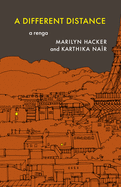 For A Different Distance: A Renga (Milkweed Editions, ($16), poets Marilyn Hacker and Karthika Naïr exchanged poems by e-mail for a year to sustain connection. Naïr at the grocers in March 2020: "One out for one in; gloved, masked, sanitised before/ and after each yield./ The pigeons strutting the same/ sidewalks heed no distancing." Hacker in May: "but I/ hurry, forget tomatoes,/ get out of harm's way/ (masked, gloved) as fast as I can./ Food shopping once was/ community, communion./ Poison in the chalice now."
For A Different Distance: A Renga (Milkweed Editions, ($16), poets Marilyn Hacker and Karthika Naïr exchanged poems by e-mail for a year to sustain connection. Naïr at the grocers in March 2020: "One out for one in; gloved, masked, sanitised before/ and after each yield./ The pigeons strutting the same/ sidewalks heed no distancing." Hacker in May: "but I/ hurry, forget tomatoes,/ get out of harm's way/ (masked, gloved) as fast as I can./ Food shopping once was/ community, communion./ Poison in the chalice now." 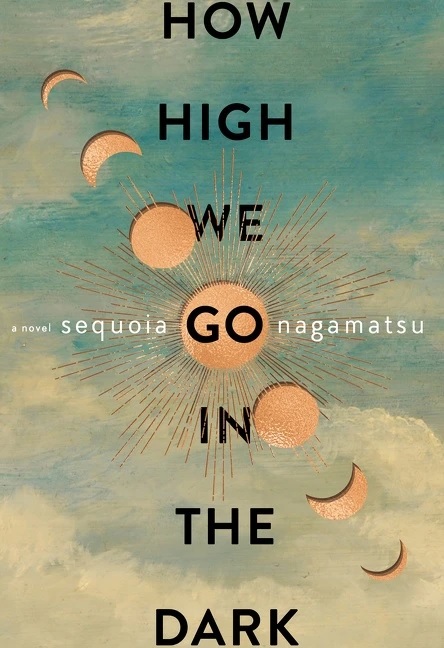 When can we unmask? The future, as imagined by Sequoia Nagamatsu in How High We Go in the Dark (Morrow, $27.99,), does not bode well after the release of a 30,000-year-old Arctic plague "He handed me a box of nitrile gloves and a respirator face mask. 'We don't have funding for anything else, but we try to be mindful of the pathogens we may bring back with us. Probably nothing to worry about ninety-nine percent of the time.' " Wrong!
When can we unmask? The future, as imagined by Sequoia Nagamatsu in How High We Go in the Dark (Morrow, $27.99,), does not bode well after the release of a 30,000-year-old Arctic plague "He handed me a box of nitrile gloves and a respirator face mask. 'We don't have funding for anything else, but we try to be mindful of the pathogens we may bring back with us. Probably nothing to worry about ninety-nine percent of the time.' " Wrong!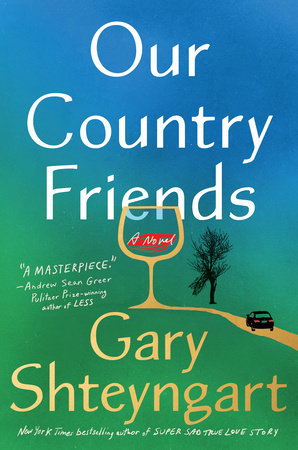 The Chekhov-meets-Covid-on-the-Hudson cast of Gary Shteyngart's at once entertaining and poignant Our Country Friends (Random House, $28) layer face masks over their life masks: "He looked at the two lovers, examining them afresh, wondering, without malice, if they would survive as a couple in the difficult years to come, in the city, in their masks."
The Chekhov-meets-Covid-on-the-Hudson cast of Gary Shteyngart's at once entertaining and poignant Our Country Friends (Random House, $28) layer face masks over their life masks: "He looked at the two lovers, examining them afresh, wondering, without malice, if they would survive as a couple in the difficult years to come, in the city, in their masks."




 Paul: Being a parent puts us in a lot of uncomfortable positions. Hiking is an activity that I enjoy, but when my daughter asked to climb the mountain, I had already climbed it several times and I was not planning on doing it again. I knew how exhausting it was. And now I'm even older! But how could I deny her a first experience with a view of my homeland from the top?
Paul: Being a parent puts us in a lot of uncomfortable positions. Hiking is an activity that I enjoy, but when my daughter asked to climb the mountain, I had already climbed it several times and I was not planning on doing it again. I knew how exhausting it was. And now I'm even older! But how could I deny her a first experience with a view of my homeland from the top?  Vo: As a kid, I didn't know I was a Vietnamese refugee. I didn't fully understand what made me different. My differences were in the background of my mind. I guess that's the beauty of a child's mind. Those differences didn't move into the foreground until someone yelled at me from a car, "go back where you came from." I didn't quite put it together until the friend I was walking with said, "that was dumb." From that moment, I learned that people saw me as different. There were many similar moments like that growing up, but it was not until I had to write an essay on my Mah that the significance of being a Vietnamese refugee came into view. My Mah's stories and my experience growing up blended together, giving me a new layer of understanding.
Vo: As a kid, I didn't know I was a Vietnamese refugee. I didn't fully understand what made me different. My differences were in the background of my mind. I guess that's the beauty of a child's mind. Those differences didn't move into the foreground until someone yelled at me from a car, "go back where you came from." I didn't quite put it together until the friend I was walking with said, "that was dumb." From that moment, I learned that people saw me as different. There were many similar moments like that growing up, but it was not until I had to write an essay on my Mah that the significance of being a Vietnamese refugee came into view. My Mah's stories and my experience growing up blended together, giving me a new layer of understanding.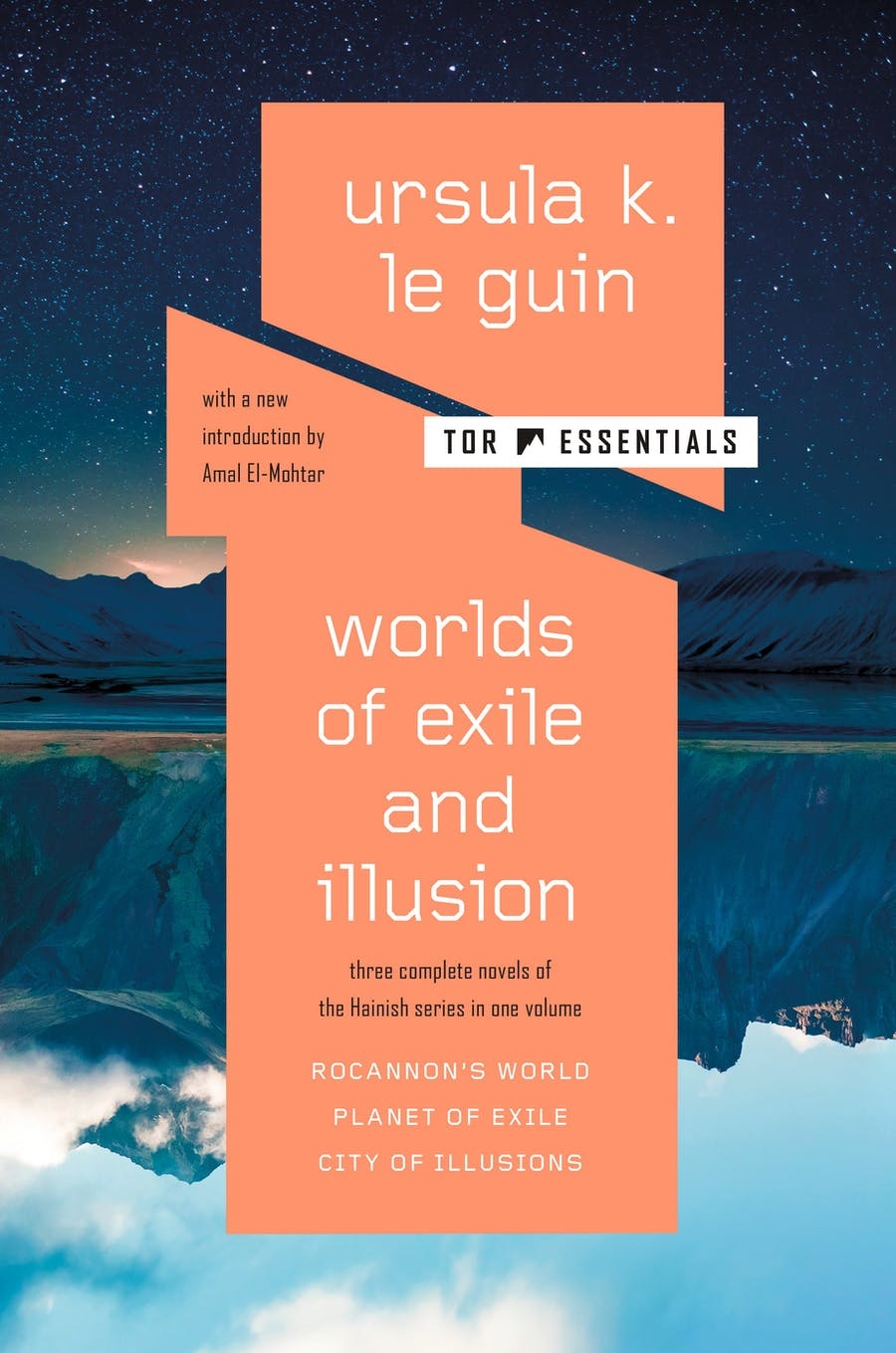 The first three novels in science fiction/fantasy master Ursula K. Le Guin's Hamish series--Rocannon's World, Planet of Exile and City of Illusions--were written in the late 1960s and take place in the same universe as her best-known works, The Left Hand of Darkness (1969) and The Dispossessed (1974). In Rocannon's World, the leader of an ethnographic research team is stranded on an alien world after a rebel faction within the galaxy-spanning League of All Worlds attacks his research ship. In Planet of Exile, a League of All Worlds colony has been abandoned on a distant planet with no contact ever since the League sent out an urgent call for aid to help fight a new enemy known as the Shing. And in City of Illusions, set centuries after Planet of Exile, the Shing have obliterated the League of All Worlds and rule over its core planets, including Earth, where a man with no knowledge of his past travels across the ruins of North America.
The first three novels in science fiction/fantasy master Ursula K. Le Guin's Hamish series--Rocannon's World, Planet of Exile and City of Illusions--were written in the late 1960s and take place in the same universe as her best-known works, The Left Hand of Darkness (1969) and The Dispossessed (1974). In Rocannon's World, the leader of an ethnographic research team is stranded on an alien world after a rebel faction within the galaxy-spanning League of All Worlds attacks his research ship. In Planet of Exile, a League of All Worlds colony has been abandoned on a distant planet with no contact ever since the League sent out an urgent call for aid to help fight a new enemy known as the Shing. And in City of Illusions, set centuries after Planet of Exile, the Shing have obliterated the League of All Worlds and rule over its core planets, including Earth, where a man with no knowledge of his past travels across the ruins of North America. 